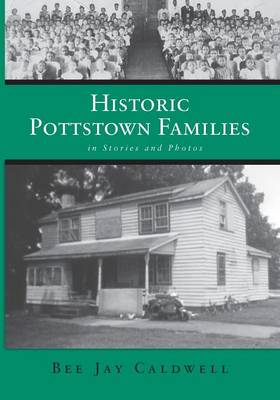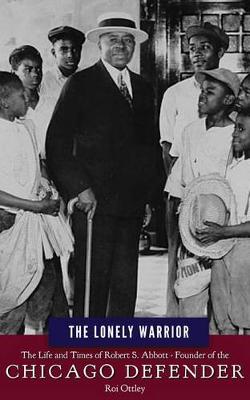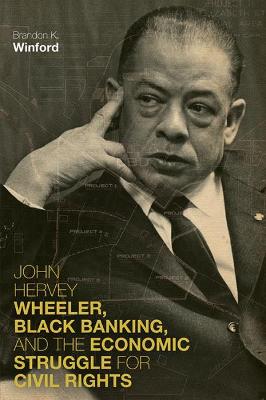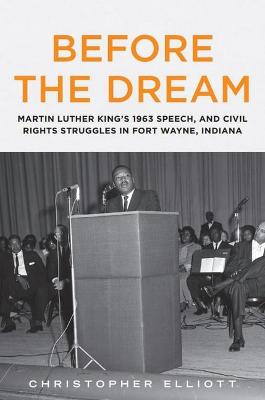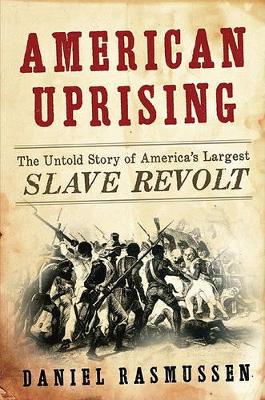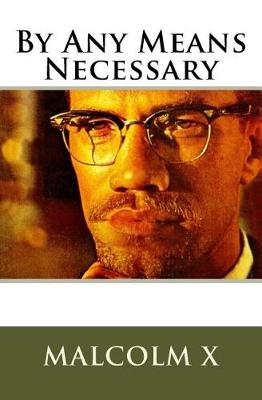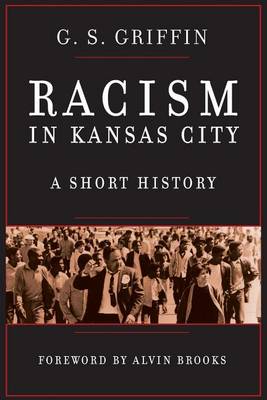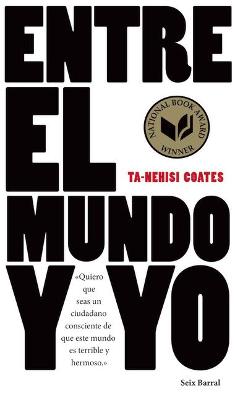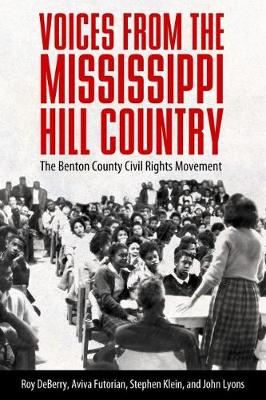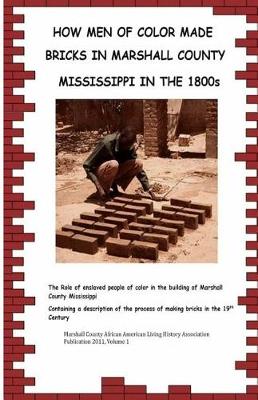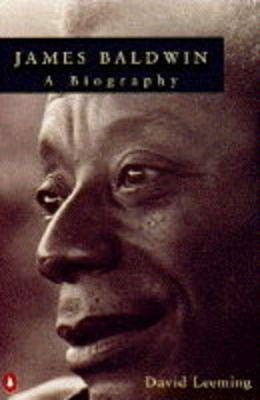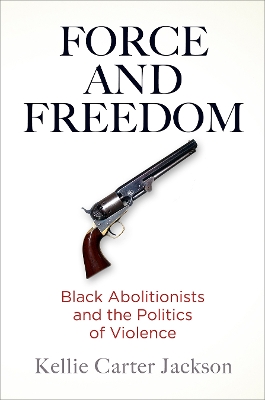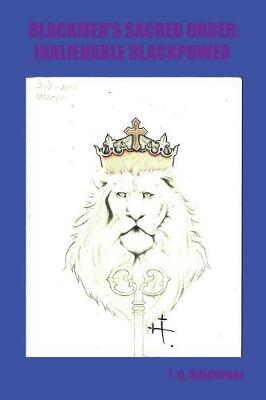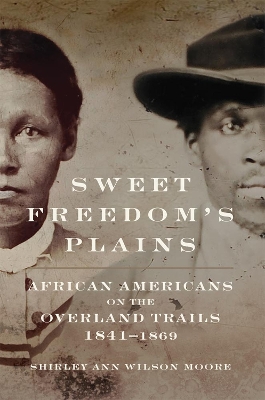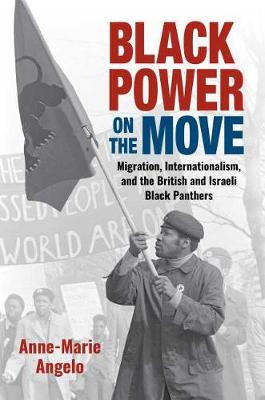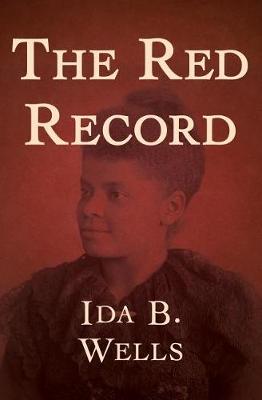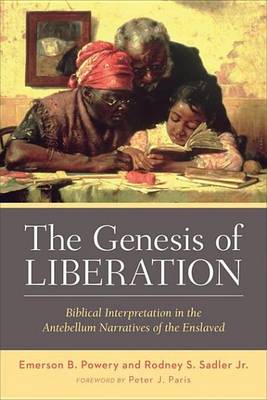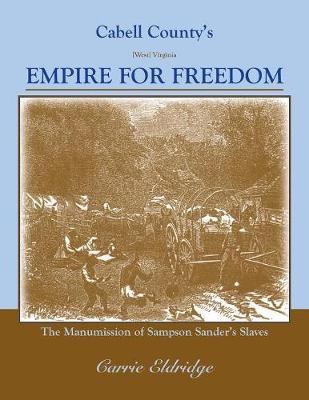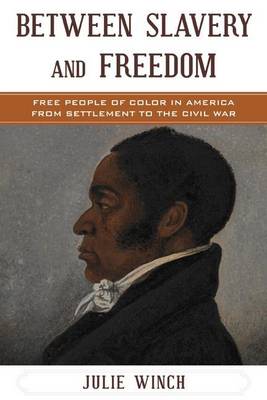John Hervey Wheeler (1908--1978) was one of the civil rights movement's most influential leaders. In articulating a bold vision of regional prosperity grounded in full citizenship and economic power for African Americans, this banker, lawyer, and visionary would play a key role in the fight for racial and economic equality throughout North Carolina. Utilizing previously unexamined sources from the John Hervey Wheeler Collection at the Atlanta University Center Robert W. Woodruff Library, this bi...
Nat Turner and the Rising in Southampton County
by David F. Allmendinger, Jr.
In August 1831, in Southampton County, Virginia, Nat Turner led a bloody uprising that took the lives of some fifty-five white people-men, women, and children - shocking the South. Nearly as many black people, all told, perished in the rebellion and its aftermath. Nat Turner and the Rising in Southampton County presents important new evidence about the violence and the community in which it took place, shedding light on the insurgents and victims and reinterpreting the most important account of...
Suppression of the African Slave-Trade to the United States of America: 1638-1870
by W. E. B. Du Bois
The Isis Papers: The Keys to the Colors Paperback
by Frances C Welsing
Voices from the Mississippi Hill Country
by Roy DeBerry, Aviva Futorian, Stephen Klein, and John Lyons
Voices from the Mississippi Hill Country is a collection of interviews with residents of Benton County, Mississippi - an area with a long and fascinating civil rights history. The product of more than twenty-five years of work by the Hill Country Project, this volume examines a revolutionary period in American history through the voices of farmers, teachers, sharecroppers, and students. No other rural farming county in the American South has yet been afforded such a deep dive into its civil righ...
This is a biography of James Baldwin, author, one-time preacher and civil rights activist. He chose David Leeming, a close friend and colleague, to write his biography and granted him access to his correspondence. Leeming traces his life from his birth in Harlem in 1924, his self-imposed exile in Europe, his later years as political activist to his public funeral in 1987.
Force and Freedom (America in the Nineteenth Century)
by Kellie Carter Jackson
From its origins in the 1750s, the white-led American abolitionist movement adhered to principles of "moral suasion" and nonviolent resistance as both religious tenet and political strategy. But by the 1850s, the population of enslaved Americans had increased exponentially, and such legislative efforts as the Fugitive Slave Act and the Supreme Court's 1857 ruling in the Dred Scott case effectively voided any rights black Americans held as enslaved or free people. As conditions deteriorated for A...
Sweet Freedom's Plains (Race and Culture in the American West)
by Shirley Ann Wilson Moore
The westward migration of nearly half a million Americans in the mid-nineteenth century looms large in U.S. history. Classic images of rugged Euro-Americans traversing the plains in their prairie schooners still stir the popular imagination. But this traditional narrative, no matter how alluring, falls short of the actual - and far more complex - reality of the overland trails. Among the diverse peoples who converged on the western frontier were African American pioneers - men, women, and childr...
Black Power on the Move (Justice, Power and Politics)
by Anne-Marie Angelo
Though born in the American South in the mid-1960s, the Black Panther Party went global in the years between 1967 and 1972, capturing the imagination of people of color across the Caribbean, Africa, Asia, Europe, and the Middle East. In Black Power on the Move, Anne-Marie Angelo tells the story of two of the most powerful Black Panther movements outside the United States, showing how a distinctively American movement gave a name to a new, assertive international politics in the U.K. and Israel....
People's History of the Civil War (New Press People's History)
by David Williams
Moving beyond Presidents and generals, A People's History of the Civil War tells a new and powerful story of America's most destructive conflict. In the first book to view the civil war through the eyes of common people, historian David Williams presents long- overlooked perspectives and forgotten voices offering a comprehensive account of the war to general readers. The Civil War's most destructive battles, Williams argues, took place not only on the fields of Gettysburg, Antiesham, and Vicksbu...
The Genesis of Liberation
by Emerson B Powery and Rodney S. Sadler Jr.
Considering that the Bible was used to justify and perpetuate African American enslavement, why would it be given such authority? In this fascinating volume, Powery and Sadler explore how the Bible became a source of liberation for enslaved African Americans by analyzing its function in pre-Civil War freedom narratives. They explain the various ways in which enslaved African Americans interpreted the Bible and used it as...
Between Slavery and Freedom (African American Experience)
by Professor of History Julie Winch
In Between Slavery and Freedom, Julie Winch explores the complex world of those people of African birth or descent who occupied the "borderlands" between slavery and freedom in the 350 years from the founding of the first European colonies in what is today the United States to the start of the Civil War. However they had navigated their way out of bondage - through flight, through military service, through self-purchase, through the working of the law in different times and in different places,...
